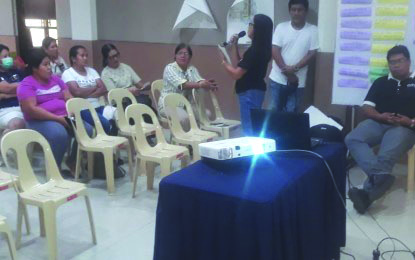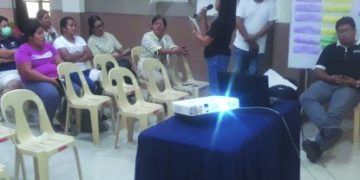
SAN JOSE, Antique – The provincial government of Antique, through the Provincial Veterinary Office (ProVet), requested the agricultural technicians of its municipalities to submit an inventory of the swine population in their respective localities.
ProVet Public Health Division head Dr. Marco Rafael Ardamil said they will be submitting the statistics to the Bureau of Animal Industry (BAI) to know the impact of the African swine fever (ASF) in the province.
“In Antique, there is still no ASF case but that we need the figure as requested also by the BAI,” he said on March 13.
He added the municipal technicians are advised to report farms with swine that show signs and symptoms of ASF such as high fever, diarrhea, and vomiting for the ProVet to validate.
“The municipal technicians are being requested to immediately report if there is a sick swine so that the MAO (municipal agricultural officers) and our provincial veterinarian could validate it,” he said, adding that if the ProVet could not address the problem, then BAI will be requested to assist.
Meanwhile, the ProVet called for a briefing with the hog raisers of this province and oriented them on how to detect early if their swine are manifesting signs and symptoms of ASF.
“We also taught them some preventive measures so that their hogs will not be affected by the ASF,” Ardamil said.
He added that since hogs in Antique are mostly raised in backyards, hog-raisers are taught to strictly practice sanitation and hygiene.
“They should properly dispose of the feces of their swine,” he stressed.
The hog raisers have been informed about Executive Order 22 issued by Antique Governor Rhodora Cadiao on Feb. 26, which implements a temporary ban on live pigs, pork, pork-related products, by-products, and boar semen coming from Mindanao regions.
The ban of the provincial government on the entry of swine, pork, pork-related food products, and by-products from Luzon due to ASF also still remains in effect. (With a report from PNA/PN)






















